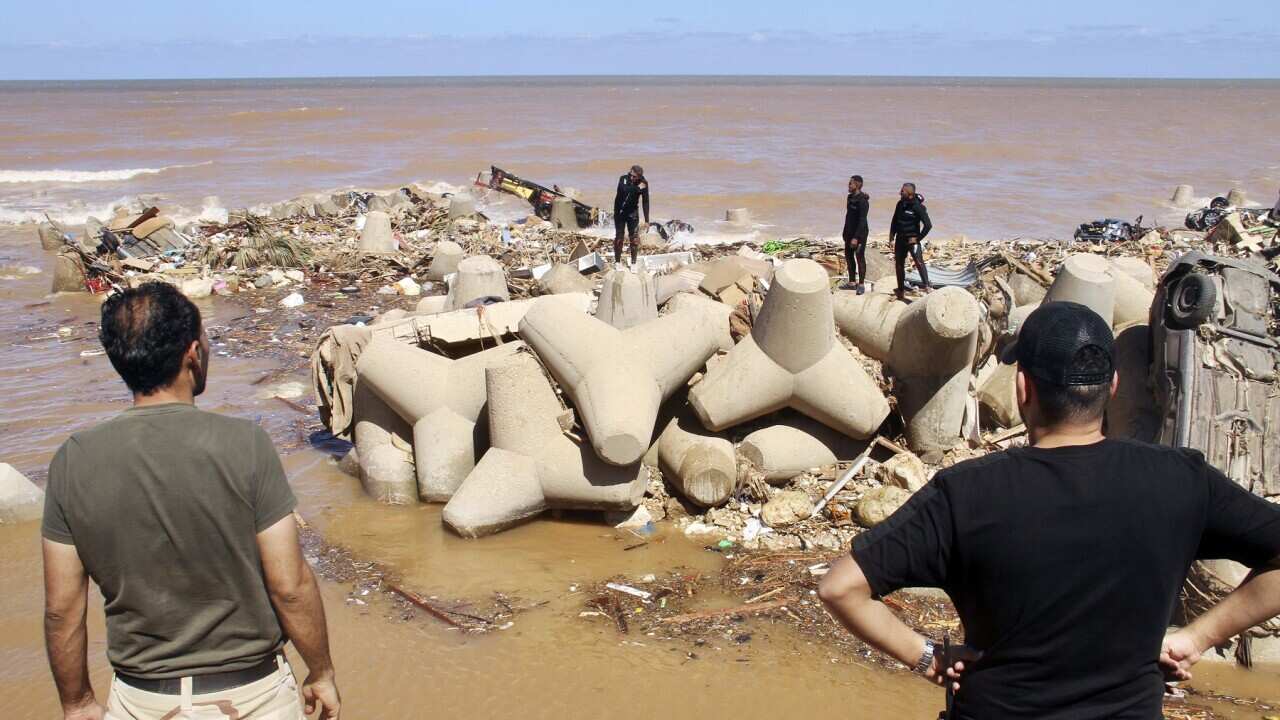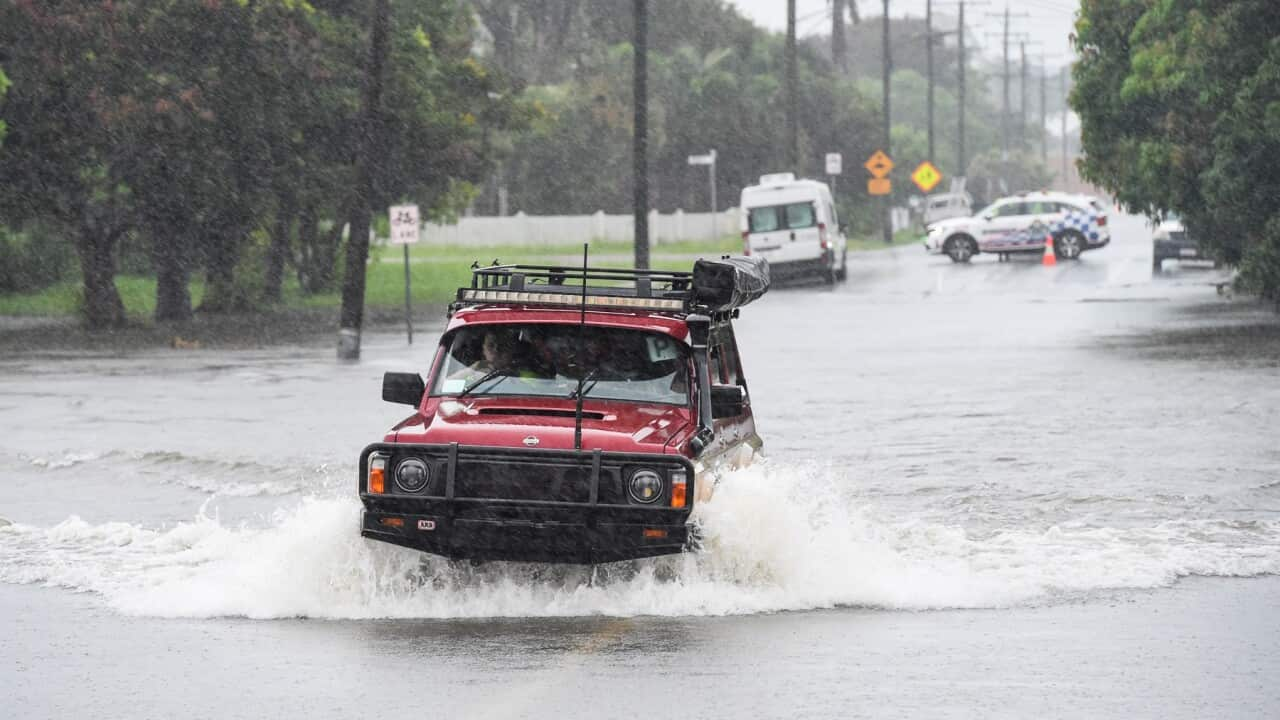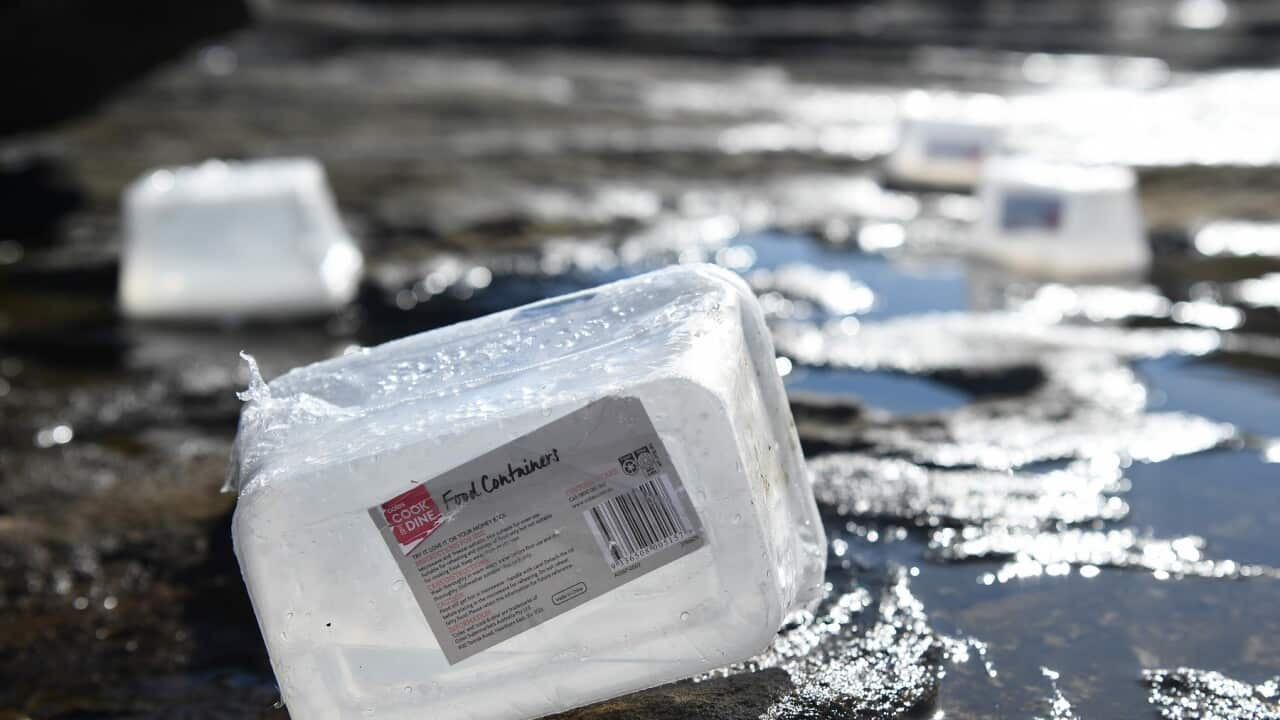TRANSCRIPT:
Workers wearing hazmat suits have begun an important task in Derna, one of the cities hardest hit by flooding in Libya that's killed thousands.
They're sanitising the streets, of as part of a campaign organised by the Libyan government to avoid disease outbreaks.
Thousands remain unaccounted for after the flooding, and search teams are hard at work trying to locate everyone they can, and recover those killed in the disaster.
World Health Organisation Representative Ahmed Zouiten says decomposing bodies are unlikely to be a primary source of infections.
"Many people are focusing on the dead bodies and the dead bodies that started to decompose in some areas, I have to say that there is no evidence to back the fact that dead bodies will transmit disease. The only possibility is when those bodies have died from certain communicable diseases like Ebola, Cholera and diseases like this. It is not the case in Libya, this is a national disaster and there is a very slim chance that those bodies are already infected with some high pathogens."
Ahmed Zouiten says his primary concern is that survivors could be at risk of waterborne illnesses without the right support.
"I think that there will (not) be any communicable diseases spreading from the dead, communicable diseases can start from the survivors if they don’t have access to safe water, if they don’t have access to safe food - we might start to see some cases of food-borne and water-borne diseases."
Part of the issue is access to medicine.
In Benghazi, 300 kilometres away from the disaster-hit area, about 200 young volunteers have been working to take relief materials, including food, bedding and drinking water, out of the warehouse and deliver them to areas like Derna.
Mr Rashard is the person-in-charge at one of the relief centres.
He says after the disaster, locals donated supplies enthusiastically, and there were plenty of daily necessities such as food and bedding, but there was still a shortage in medicine.
"There is a shortage of drugs, especially drugs for chronic diseases, such as hypertension and diabetes, and drugs for children. We also lack drugs for fever and inflammation."
Relief workers say damaged roads not yet repaired are hindering transport of personnel and equipment.
Mr Zouiten says the W-H-O is working towards getting those supplies to the people who need it.
"There is need to get medical equipment, medicine and medical teams to some remote areas also that can happen either through fixed facilities or through mobile clinics. WHO is already working on importing some mobile clinics, we are working already on taking the medicine and the medical equipment that arrived yesterday and the day before, as close as possible, to the population. Tomorrow, as I said, we will be taking a consignment of medicine and medical equipment to Derna."
UN Secretary General Antonio Guterres has described the floods in Libya as an awful hellscape.
Speaking at the General Assembly of the United Nations in New York, he has said the situation in the country is a perfect image of the current state of the world.
"The people of Derna lived and died in the epicentre of that indifference as the skies unleashed 100 times the monthly rainfall in 24 hours as dams broke after years of water neglect, as everything they knew was wiped off the map. Even now as we speak, bodies are washing ashore from the same Mediterranean Sea where billionaires sunbathed on their superyachts. Derna is a snapshot of the state of our world. The flood of inequity, of injustice, of inability to confront the challenges in our midst."
The secretary-general's remarks follow the release of findings by scientists earlier this week.
Friederike Otto, a senior lecturer at the Grantham Institute for Climate Change, says climate change made the heavy rainfall which precipitated the flooding up to 50 times more likely.
"I think what we consistently find no matter how we looked at the event, which data then we used, or also which exact region we used, that we find an increase in the intensity and the likelihood of the event in the observations that is sort of on the order of 10 times increase and of the order of a 40% or 50% increase in intensity. So that is - so while there is limitations on the data in terms of what the exact return time of the event and the exact magnitude, it doesn't affect very much the climate change signal."
Antonio Guterres says it is past time for the leaders of the world's wealthiest nations to act on reducing the increasing risk of climate catastrophe.
"Excellencies, our world is becoming unhinged. Geopolitical tensions are rising, global challenges are mounting, and we seem incapable of coming together to respond. We confront a host of existential threats from the climate crisis to disruptive technologies, and we do so at a time of chaotic transition."













